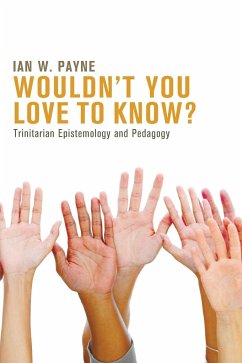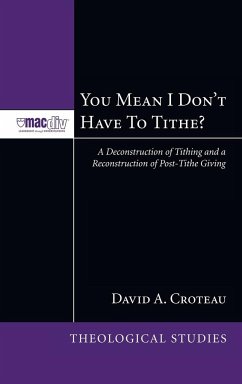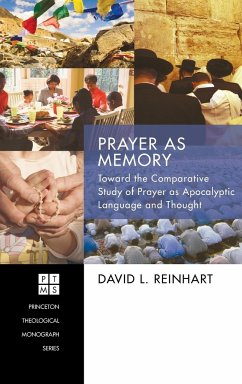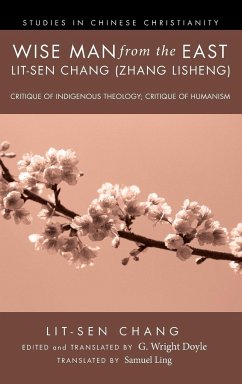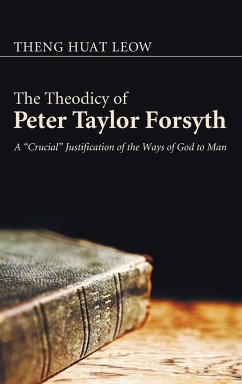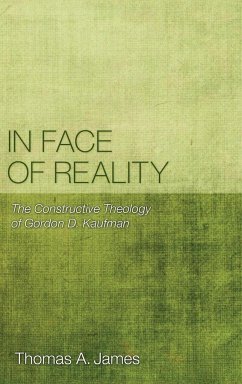With all the jumble of human disagreements, how can we know? Can the Christian church think coherently about knowledge? Can it regain confidence in teaching what it knows? In an increasingly divided and pessimistic postmodern world this book offers a theology for epistemology and for pedagogy that aims to be faithful and fruitful. Building on Karl Barth, it argues that God's knowing guides how humans know. We should imitate God's epistemic stance--his love--for that is the best model for knowing anything. The Trinitarian theme in Barth identifies three key concepts: committedness, openness, and relationality. These mean being committed and open towards what we wish to know. Relational open committedness also profoundly clarifies and shapes what love means in knowing and in teaching. This book unpacks an epistemology and pedagogy of love. Wouldn't you love to know?

